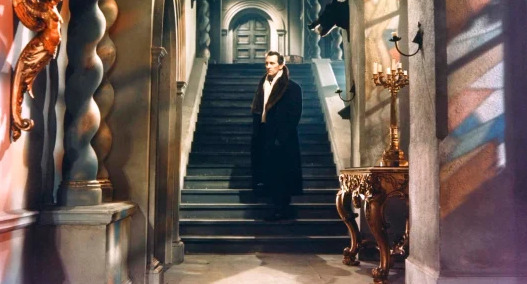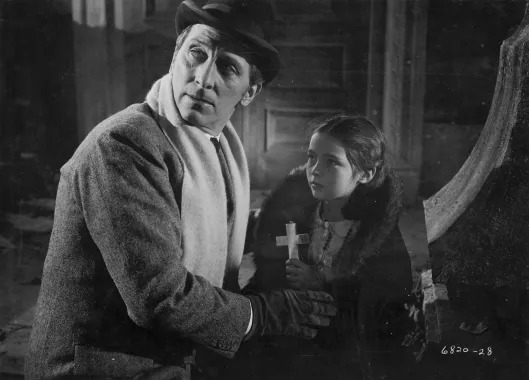#the concept sickens me and cheapens love
Text
I’ve tried but I can’t not see the institution of marriage as oppressive.
Whoever called it a sacrament?!
Desgustang!
————-//
EDIT:
Soon after making this little vent post I received this response from a bot that kinda showcases just how trivial performative love is in our culture.

#yep#fuck marriage#it’s for straight ppl it’s always been for straight ppl#it’s a status thing#the concept sickens me and cheapens love#but since the straights have literally no lovesoul no accounting for individual experience and no real personalityl#outside of the gender roles they so happily accept like a boot to the mouth#I’m lucky in a way though having found my person and loving him so#marriage feels useless#like how dare some outside source that barely sees me as human let alone my expression of romantic love#dictate that we have to perform a fucking ceremony based on men selling their daughters hymen#just to show our love#sugar daddy bots#are you fucking with me#how sheltered am I?#marriage is problematic and I real-HEY SEXY YOU WANNA MESSAGE ME AND BE MY SUGAR BABE JUST SEND ME YOUR CREDIT CARD INFO-yeah no um...so
2 notes
·
View notes
Note
Is it weird that your article on the Grand Guignol (sp?) made me think of that Peter Chushing quote about how, he doesn't think of the films he's famous for as horror, but rather as fantasy, and that he tends to see crime and war movies as more deserving of the moniker?
Strangely, I wasn't aware of this before, so I'm pasting some of the quotes he's had to say on this below so others can read them in full as well:
“It isn’t that I object to it. I just feel it’s the wrong adjective as applied to the films I do. Because horror to me is, say, a film like The Godfather. Or anything to do with war, which is real and can happen, and unfortunately, no doubt, will happen again some time. But the films that dear Christopher Lee and I do are really fantasy. And I think fantasy is a better adjective to use. I don’t object to the term horror, it’s just the wrong adjective!”
“I don’t really care for the adjective “horror”. I think the films are fantasy as much as anything. Horror is concentration camps, war, murder, real things. It’s car accidents and plane crashes.”
[regarding the fan mail he was getting] “What they say in their letters is that the horror films of today, they repel you and you’re sickened. And the Hammer ones that we did make you shiver and shake and cuddle each other to feel comforted, but they never repelled.
And that is, I think, frightfully interesting coming from young people who must be so immune now to seeing these terrible things on the news – football fights and Ireland and South Africa – it’s just dreadful, isn’t it. One has become so used to that as part of everyday life that I think watching a Dracula picture made 25 years ago must be rather like watching Noddy in Toyland.”

I think this is an interesting example of how sometimes opposite truths can exist at the same time. I have questioned myself quite a bit on just how much "horror" does a fantasy narrative need to have before it changes it's genre label from "fantasy" to "horror". And I've come to learn a lot recently just how fluid, ambiguous and debatable the very concept of "genre" is and how it's hardly even consistent within itself globally or historically.
On one hand, obviously the films Mr Cushing's been a part of are called horror films because they are part of the horror genre as it's been defined, and I don't think anyone's going to stop calling Dracula a horror story anytime soon, and of course horror and fantasy are not mutually exclusives. A horror story doesn't stop being a horror story just because you are not affected by what it's depicting, just as a comedy doesn't stop being a comedy because you don't find it funny. Mary and Max and Texas Chainsaw Massacre are two incredibly different movies that both shook me deeply on a first watch, and Mary and Max's material affected me much more deeply, but that doesn't mean I'm going to call it a horror film even if it did horrify me much more than Texas Chainsaw (Mary and Max is a genuinely incredible film, to be clear, but I never want to see it again)
But on the other hand, horror is a catch-all label that frays and tears at the seams the more you look at it, and he's right that the label in itself is just an adjective often tacked to pretty straightforward fantasy stories that happen to revolve around monsters and murderers and whatnot. And he's absolutely right that there's a world of difference between horror in fiction through fantasy, and horror in fiction through depictions of real, stark things we can call "horrors", and that this separation is incredibly important.
I'm thinking back to Bogleech's review of It: Chapter Two where he briefly touched on why the film's usage of homophobia for a scare was crude and misguided and tonally at odds with what the rest of the film, and the horror genre, strives for:
Some people with innocent enough intention will say that the shock and horror of the sequence is a good thing; that the audience should be disgusted by what they see happen here, which is certainly true. They might also point out that being horrified is exactly what you pay for when you go to see a horror movie, and that the scene gives context to the nature of a town possessed by pure evil.
There is, however, a very big difference between a spooky, imaginary boogiemonster and a regular, realistic hate crime. The boogiemonster is an entertaining, exciting kind of horror because it isn't real. The hate crime is something that could really happen to someone walking in and out of that same movie theater that same night, which is not the fun, entertaining or cool kind of scary. Killing off gay people is also nothing new to the horror genre at all, and there's a point at which it stops feeling like a social message and starts feeling more like a cheap prop, like the dog or cat you know is only present so we'll get to see how mean the villain really is.
Don't get me wrong, there have been horror narratives that explored the subject of hatred quite well, but it ISN'T ever explored any further here. In fact, it's never mentioned again and leaves no impact on the storyline other than the fact that it is how Mike discovers that IT has returned. Almost anything could have served this purpose, and the scene is even stripped of additional context and relevance it had in the novel. Ultimately, it just feels poorly handled, overshadows the rest of the film's horror, and didn't do much to really move the narrative forward.
And I can speak from experience that I've definitely seen and met way too often people who don't quite know how to tell the difference and it shows, it really shows in a way that doesn't just cheapens the works they are making but also makes them more, I guess the word I'd use is "childish", like it's coming from a deep lack of understanding or reference point or even a desire to further understand what exactly the things being depicted are or why they are terrible or why they affect people so deeply, the kind of stuff that, if you've lived through or seen or bonded with people who've been through them, kinda bleeds through your art even when you don't intentionally set out to portray them.
And to an extent I think that's where Peter Cushing's coming from, as someone who did indeed experience great horror and tragedy, who lived through the Great Depression and both World Wars and the Korean War and lost the love of his life when he was 48, and made a career playing villains, of course he's gonna look at the word "horror" applied to what he's doing and think that it's not at all horror, that's not what horror looks like to him.
But, to an extent, that's also a big part of what horror is supposed to do in the first place, as a distraction from the horrors of reality, a mirror upon said horrors, and an outlet for the experiencing of emotions attached to tragedy and horror, but nobody's getting hurt and you can get something out of it without having to live through it. It's a deeply, deeply important thing regardless of what you call it.

And I'm starting to wonder if, in the future, labels like "horror", "fantasy", "pulp" and "superhero" aren't going to fray and lose meaning further and further until we have to start coming up with new ones to retroactively define history through, something we already do, and even myself am guilty of.
So I guess it's not impossible that Cushing's going to have been ultimately right in his assessment.
29 notes
·
View notes